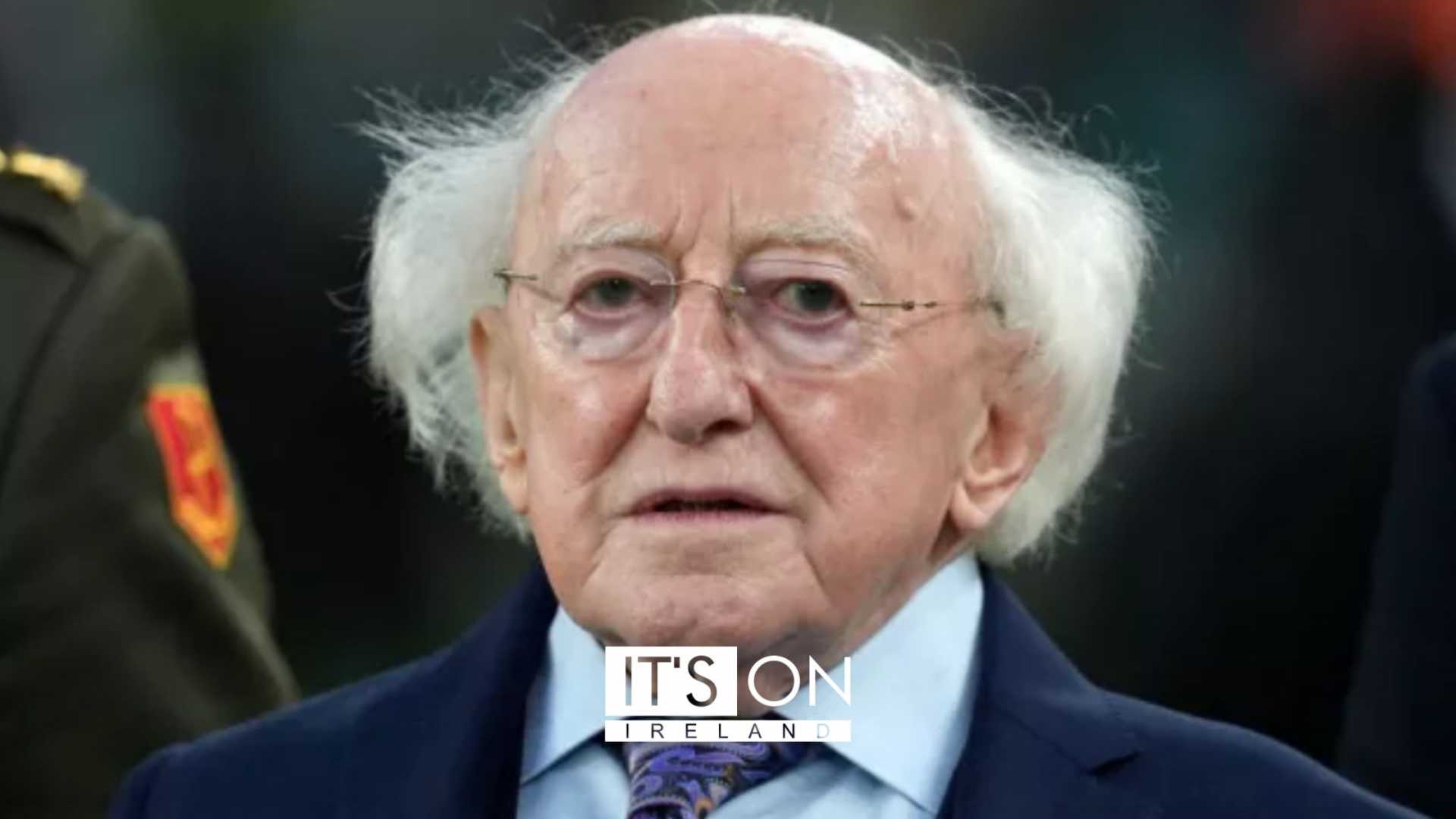News
Controversial Diplomatic Letter Sparks Tensions Between Ireland and Israel

The President of Ireland, Michael D. Higgins, has come under scrutiny following his allegation that the Israeli Embassy in Dublin circulated a letter he penned to the President of Iran. This claim was firmly denied by the Israeli Embassy, which described Higgins’s accusation as “baseless,” “highly inflammatory,” and “potentially slanderous.”
The letter in question was sent to Iran’s new president, Masoud Pezeshkian, and drew criticism after becoming public. Speaking at the United Nations (UN) in New York, Higgins suggested that Israeli officials were responsible for its circulation. “You should ask where the criticism came from and how the letter was circulated and by whom and for what purpose,” Higgins remarked. When pressured by journalists, Higgins insisted he believed the letter “was circulated from the Israeli embassy.”
In the letter, Higgins had expressed his condolences for the death of Iran’s former president, Ebrahim Raisi, and emphasized Iran’s “crucial role” in peace in the Middle East. The Jewish Chronicle first publicized the letter, triggering significant backlash.
The Israeli Embassy in Dublin issued a statement condemning the allegations and highlighting ongoing tensions. The statement referenced the “October 7 invasion by Hamas” and noted the subsequent “malicious statements and accusations” directed at Israel. It further criticized the letter for lacking mention of “the threat Iran poses in the region.”
A spokesperson from the Irish president’s office responded by labeling the letter as standard diplomatic practice. “The exchange of letters upon the coming to office of a new head of state is standard diplomatic practice for countries which share diplomatic relations,” the spokesperson elaborated, adding that such letters have been a longstanding tradition.
The Irish Taoiseach, Simon Harris, speaking from the UN in New York, defended President Higgins. Harris emphasized the humanitarian crisis in Gaza and accused the Israeli Embassy of diverting focus. “I think the Israeli embassy should be focusing on things other than amplifying, circulating or referencing a letter that does really conform with normal diplomatic protocol between heads of state,” Harris stated.
The controversy surrounding the letter comes amid strained diplomatic relations between Ireland and Israel. Within the Irish government, there is reportedly frustration over the timing and nature of Higgins’s public accusation, considering Ireland’s efforts to advocate for a ceasefire in Gaza.
Diplomatic sources have suggested that the language of the letter may have been “warmer” than typical for such correspondence but maintained its adherence to diplomatic norms. Former diplomats reiterated that this type of diplomatic communication is not out of the ordinary.












